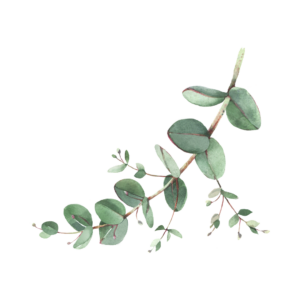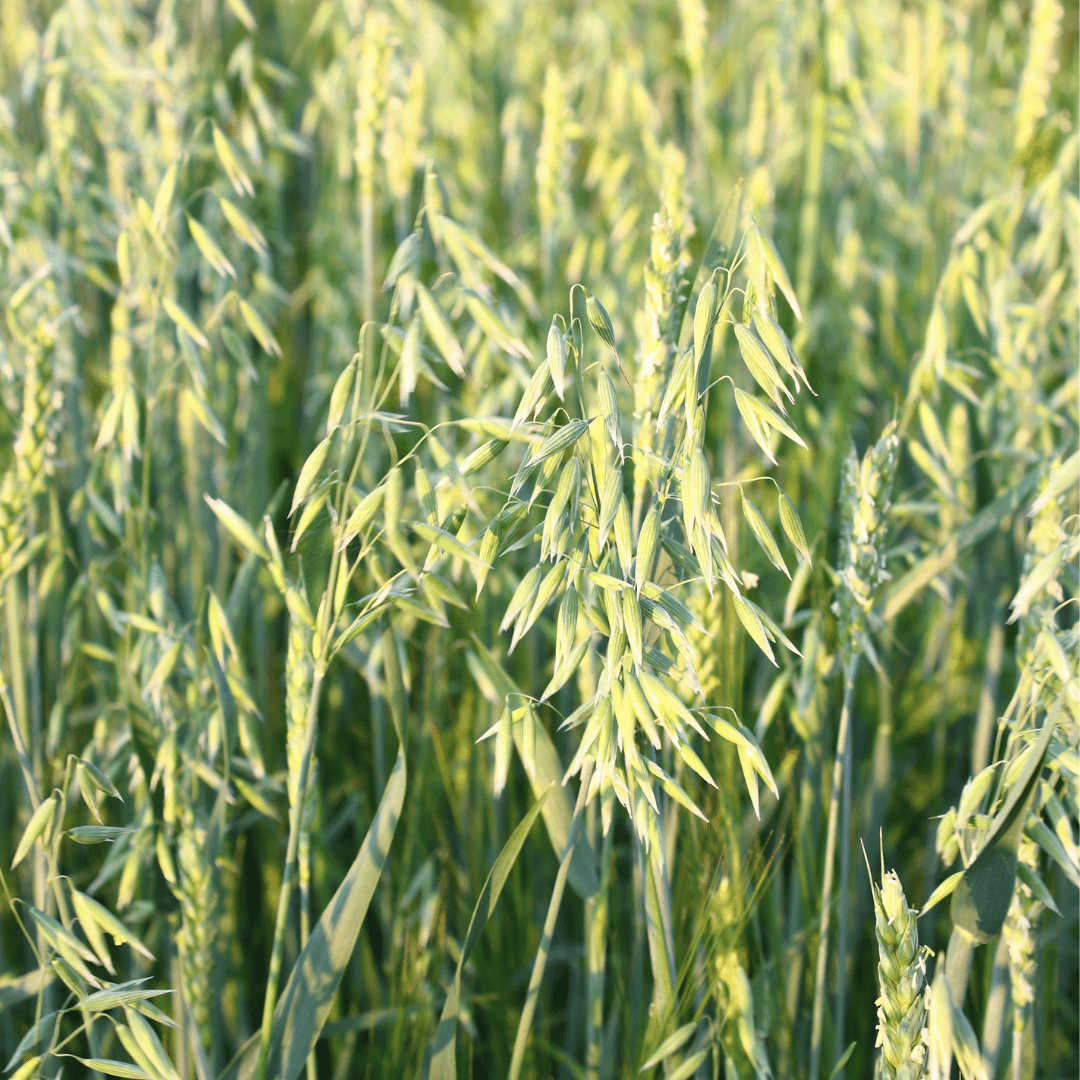As the world struggles with the growing challenge of wildfires, the summer season has become synonymous with heightened fire risks. These events not only pose a direct threat to human lives, wildlife, and our homes but also have far-reaching consequences for air quality and respiratory health.
During wildfire seasons, vast areas can be engulfed in smoke and hazardous particles, causing discomfort and potential harm to individuals, especially those with respiratory sensitivities. Breathing in the smoky air can lead to respiratory irritation, coughing, difficulty breathing, and other health issues. In these circumstances, it becomes crucial to explore natural remedies that can offer support and relief.
In this blog, we will delve into the realm of traditional herbs and methods used to support respiratory well-being during wildfire season.
Herbal Steam Inhalation:

The combination of eucalyptus, thyme, and lavender in this steam inhalation blend can help open up the airways, soothe respiratory discomfort, and provide a calming effect.
Ingredients:
- 1 tablespoon dried eucalyptus leaves
- 1 tablespoon dried thyme leaves
- 1 tablespoon dried lavender flowers
- 4 cups of water
Instructions:
In a medium-sized pot, bring the water to a boil. Add the dried eucalyptus leaves, thyme leaves, and lavender flowers to the pot. Reduce the heat to a simmer and let the herbs steep in the hot water for about 10 minutes.
Carefully remove the pot from the heat source and place it on a heat-resistant surface. Position your face over the pot, ensuring a safe distance to avoid burning yourself, and drape a towel over your head to create a tent-like enclosure, trapping the steam.
Close your eyes and breathe deeply, inhaling the steam for about 10-15 minutes. Take breaks as needed, and if the steam feels too hot, allow it to cool slightly before continuing.
Herbal Smoke Blend:
 This herbal smoke blend combines the soothing properties of mullein, sage, coltsfoot, and marshmallow root to help alleviate respiratory discomfort. The optional additions of peppermint and lavender can enhance the flavor and aroma of the smoke blend.
This herbal smoke blend combines the soothing properties of mullein, sage, coltsfoot, and marshmallow root to help alleviate respiratory discomfort. The optional additions of peppermint and lavender can enhance the flavor and aroma of the smoke blend.
Ingredients:
- 2 tablespoons dried mullein leaves
- 1 tablespoon dried sage leaves
- 1 tablespoon dried coltsfoot leaves
- 1 tablespoon dried marshmallow root
- 1 tablespoon dried peppermint leaves (optional, for flavor)
- 1 teaspoon dried lavender flowers (optional, for aroma)
Instructions:
Thoroughly dry all the herbs if they are not already dried. You can do this by hanging them upside down in a well-ventilated area until they are completely dry. Once the herbs are dry, combine them in a bowl. Mix the herbs together, ensuring they are evenly blended. Store the herbal smoke blend in an airtight container, away from direct sunlight and moisture, to preserve its freshness.
To use the herbal smoke blend:
Choose a safe and well-ventilated area for your herbal smoke session. Take a small amount of the herbal smoke blend and place it in a heat-resistant bowl or vessel. Light the herbs until they start smoldering.
Gently blow on the herbs to keep them smoldering. Allow the smoke to fill the room while being mindful of ventilation and fire safety. You can walk around the space, inhaling the smoke, or sit in a comfortable position and let the smoke envelop you. Practice deep, mindful breathing while taking in the herbal smoke.
Note: Ensure proper ventilation, have a fire-safe vessel to catch any ashes, and keep a source of water nearby to extinguish the herbs if needed.
Respiratory Herbal Tea:

This respiratory herbal tea blend combines marshmallow root and licorice root, which are known for their demulcent properties. Peppermint and thyme add a refreshing and aromatic touch, while chamomile provides additional calming effects.
Ingredients:
- 1 tablespoon dried marshmallow root
- 1 tablespoon dried licorice root
- 1 tablespoon dried peppermint leaves
- 1 teaspoon dried thyme leaves
- 1 teaspoon dried ginger
- 1 teaspoon dried chamomile flowers (optional)
- Honey or lemon (optional, for taste)
Instructions:
In a teapot or heat-resistant vessel, combine all the dried herbs. Boil 3 cups of water and pour it over the herbal blend. Cover the teapot or vessel and let the herbs steep for 10-15 minutes.
Strain the tea into cups or mugs, discarding the herbal remnants. Add honey or lemon, for added taste. Sip the respiratory herbal tea slowly, allowing its warmth to comfort and support your respiratory system.
Note: Adjust the amount of herbs and steeping time according to your personal taste preferences. Feel free to experiment with different herbs known for their respiratory benefits, such as mullein or elecampane, based on availability and personal preference.
(Consult with a healthcare professional or herbalist if you have any specific health concerns or are on medications before trying this or any other herbal remedy.)
Herbal Syrup or Elixir:

This herbal syrup or elixir combines the respiratory-supportive properties of elecampane and ginger, known for their expectorant effects. The addition of honey not only enhances the taste but also provides its own comforting and antimicrobial properties.
Ingredients:
- 1 cup water
- 1/4 cup dried elecampane root
- 2 tablespoons dried ginger root
- 1 cup raw honey
Instructions:
In a saucepan, bring the water to a boil. Add the dried elecampane root and ginger root to the boiling water. Reduce the heat to low and let the herbs simmer in the water for about 20 minutes, allowing the liquid to reduce by half. Remove the saucepan from the heat and strain the herbal infusion into a heat-resistant bowl or container, discarding the herbs.
Let the herbal infusion cool down slightly, but not completely. Add the raw honey to the warm herbal infusion and stir until the honey is fully dissolved. Once the mixture has cooled down completely, transfer it to a glass jar or bottle for storage. Label the jar with the date and the name of the herbal syrup or elixir.
Store the herbal syrup or elixir in the refrigerator for up to 2-3 months.
To use the herbal syrup or elixir:
Take 1-2 teaspoons of the herbal syrup or elixir as needed for respiratory support.
Herbal Chest Rub:
 This herbal chest rub combines the invigorating properties of eucalyptus and peppermint with the calming effects of lavender and rosemary. The carrier oil and beeswax act as a base to help nourish the skin and provide a smooth texture.
This herbal chest rub combines the invigorating properties of eucalyptus and peppermint with the calming effects of lavender and rosemary. The carrier oil and beeswax act as a base to help nourish the skin and provide a smooth texture.
Ingredients:
- 1/4 cup carrier oil (such as coconut oil, sweet almond oil, or olive oil)
- 2 tablespoons beeswax pellets or grated beeswax
- 10 drops of eucalyptus essential oil
- 10 drops of peppermint essential oil
- 5 drops of lavender essential oil
- 5 drops of rosemary essential oil
Instructions:
In a double boiler or a heat-resistant bowl placed over a pot of simmering water, melt the carrier oil and beeswax together, stirring until fully melted and well combined. Once melted, remove the mixture from the heat and let it cool for a few minutes.
Add the eucalyptus, peppermint, lavender, and rosemary essential oils to the mixture, stirring well to ensure even distribution. Pour the mixture into a clean, airtight container or tin. Allow the mixture to cool and solidify completely. Once solidified, your homemade herbal chest rub is ready to use.
To use the herbal chest rub:
Take a small amount of the chest rub with your fingertips. Rub it gently onto your chest, focusing on the upper chest area and the back. Breathe deeply to inhale the aromatic vapors and allow the herbal blend to provide comfort and relief to the respiratory system.
Note: Perform a patch test before using the chest rub on a larger area of your skin to check for any potential skin sensitivities or allergies. If you experience any adverse reactions, discontinue use. Avoid applying the chest rub to broken or irritated skin.
During this challenging time of year, we hope you are inspired to explore the various herbal remedies shared in this blog and use the ones that resonate most with you. Whether it’s the calming aroma of herbal steam inhalation, the grounding ritual of herbal smoke, or the comfort of a respiratory herbal tea, incorporating these practices into your routine may help bring relief, promote wellness, and restore a sense of calm.



 This herbal smoke blend combines the soothing properties of mullein, sage, coltsfoot, and marshmallow root to help alleviate respiratory discomfort. The optional additions of peppermint and lavender can enhance the flavor and aroma of the smoke blend.
This herbal smoke blend combines the soothing properties of mullein, sage, coltsfoot, and marshmallow root to help alleviate respiratory discomfort. The optional additions of peppermint and lavender can enhance the flavor and aroma of the smoke blend.

 This herbal chest rub combines the invigorating properties of eucalyptus and peppermint with the calming effects of lavender and rosemary. The carrier oil and beeswax act as a base to help nourish the skin and provide a smooth texture.
This herbal chest rub combines the invigorating properties of eucalyptus and peppermint with the calming effects of lavender and rosemary. The carrier oil and beeswax act as a base to help nourish the skin and provide a smooth texture. 

